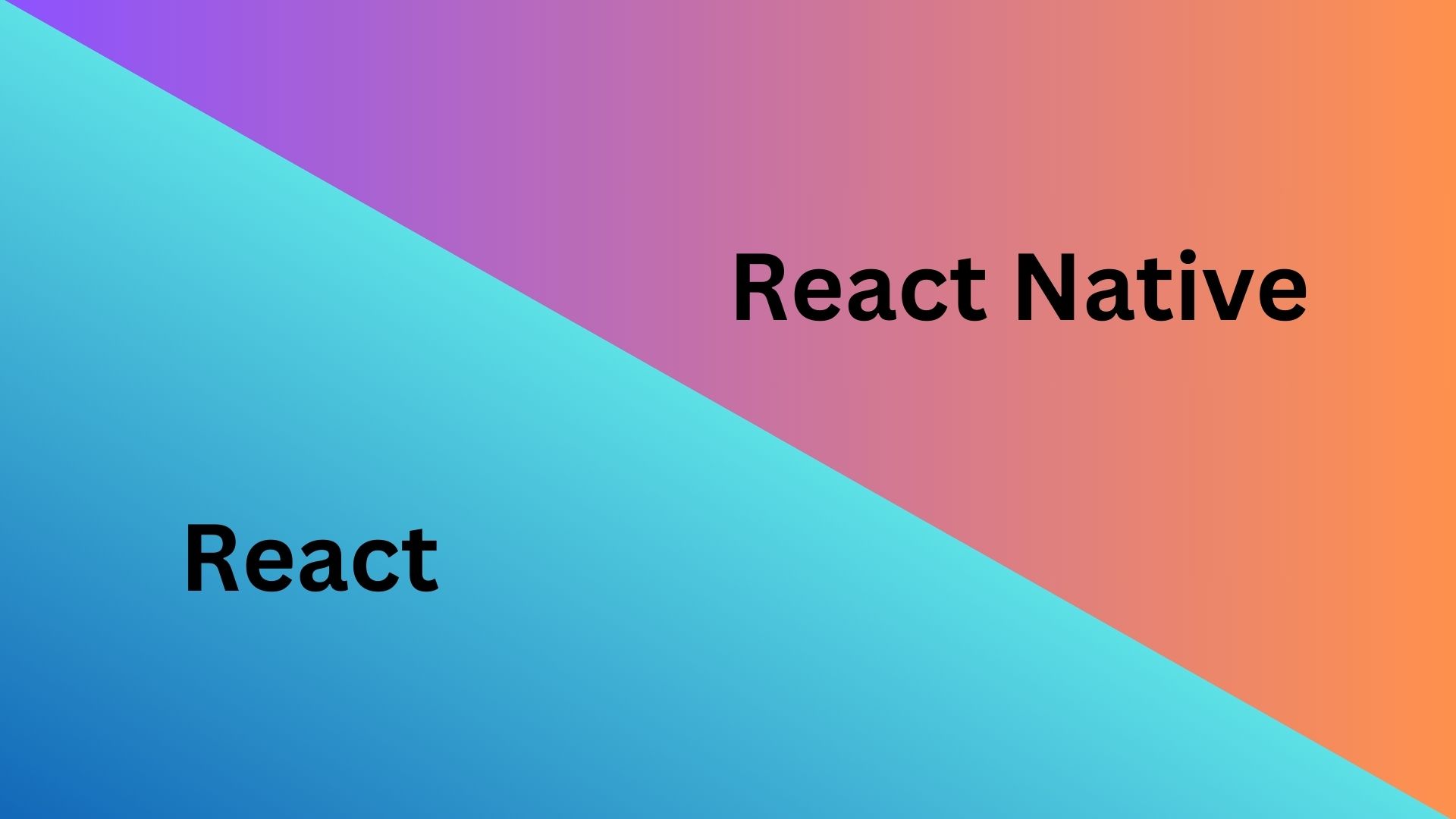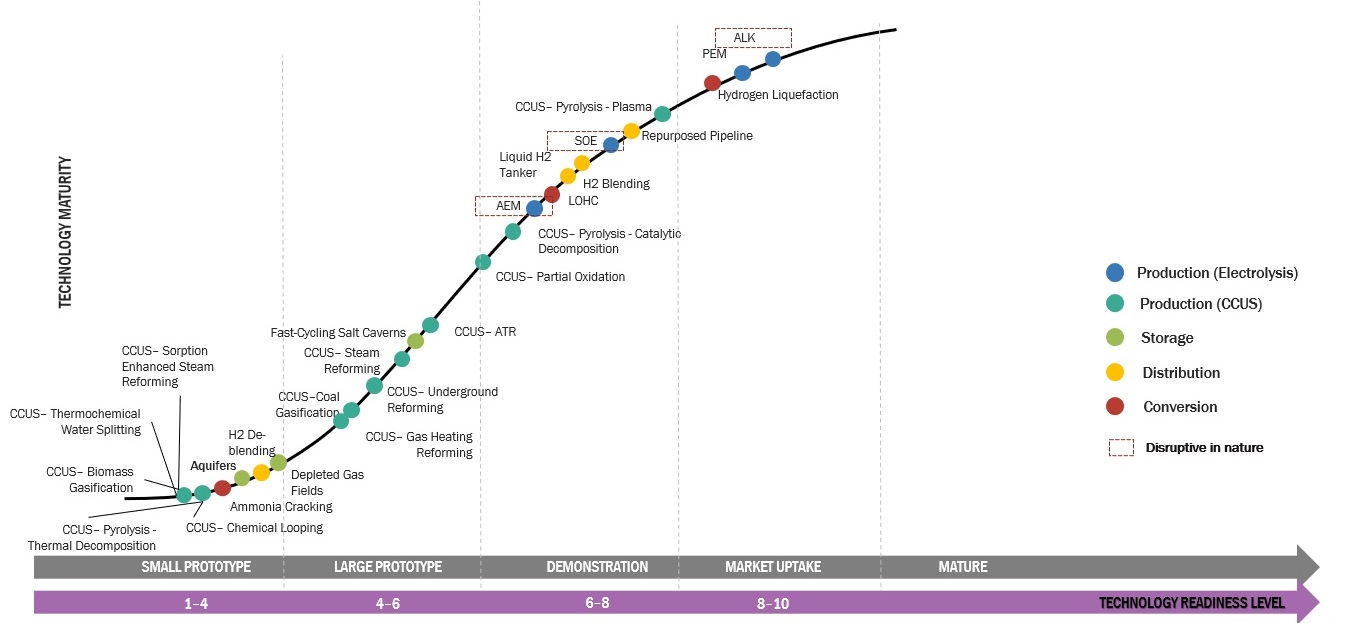React and React Native are widely-used technologies within app development. While their names may seem similar, each has distinct distinctions that you need to know about in order to properly differentiate them. If you need further help understanding what makes React and React Native different from one another, look no further – here you are guaranteed an answer to all your queries about them!
Understanding React:
React, commonly referred to as ReactJS, is an open-source JavaScript library often employed for single page app development services. React is widely popular for its ability to construct user interfaces (UI) across both web and mobile applications – something Facebook developed and adopted back in 2011. Since 2011, React has seen rapid adoption.
ReactJS gives developers the power to quickly design responsive mobile and web apps without incurring design constraints – offering options such as progressive web app development, single page apps and static websites. With React’s features developers are empowered to build fast, nimble applications without limitations in design or deployment timeframe.
What is React Native:
React Native, on the other hand, is an open-source JavaScript-based framework, also developed by Facebook, to meet the increasing demand for mobile applications. It is a hybrid mobile app framework that enables the development of mobile apps with a single codebase, rendering natively on both iOS and Android platforms.
React Native facilitates the creation of cross-platform applications for Windows, Android, and iOS. In essence, it provides another framework for cross-platform application development.
Distinguishing React from React Native:
While these technologies share common functionalities, they also exhibit notable differences:
Installation Process:
-
React: Integrating React into an HTML page involves adding the React library within the <script> tag. For larger projects, bundlers like Next.js, create-react-app, or Gatsby may have already configured Webpack.
-
React Native: Developing an app with React Native requires setting up a development environment such as Android Studio for Android or Xcode for iOS, in addition to tools like Node, React Native CLI, JSDK, and Watchman.
Efficiency:
-
React: ReactJs is ideal for creating outstanding user interfaces, executing on the client-side while rendering on the server-side. It offers flexibility for developing both low-level and high-level UI elements.
-
React Native: React Native utilizes reusable native components compiled directly to native code, resulting in an app with the look, feel, functionality, and speed of a native application.
Technology Base:
-
React: React is a JavaScript library, so mastering it primarily involves learning and understanding JavaScript.
-
React Native: While React Native builds on ReactJS, it combines Java, Objective-C, Objective-C++, and C++ code, necessitating proficiency in these languages.
Feasibility:
-
React: React integrates HTML and JavaScript technologies and focuses on UI development.
-
React Native: React Native is designed exclusively for mobile UI development, prioritizing responsive UI and swift loading times.
Navigation:
-
React: React utilizes the react-router library for navigation.
-
React Native: React Native employs its libraries, such as Navigator and React Native Navigation, for platform-specific navigation.
Storage:
-
React: React uses local storage for data persistence.
-
React Native: React Native employs AsyncStorage on both iOS and Android platforms.
Advantages and Drawbacks:
React offers an easy learning curve, reusable components, and the benefits of Virtual DOM. Meanwhile, React Native is also easy to learn, promotes code reusability, and reduces debugging efforts. However, it has its own drawbacks, such as JSX for React and issues related to custom modules, frequent updates, and load time for React Native.
In conclusion,
when deciding between React and React Native for your web or mobile application development, consider your specific needs and objectives. If you have JavaScript proficiency, learning either React or React Native will be manageable. Don’t hesitate to hire dedicated developers, like those at iTechnolabs, a leading react Native app development company, to enhance your development efforts




